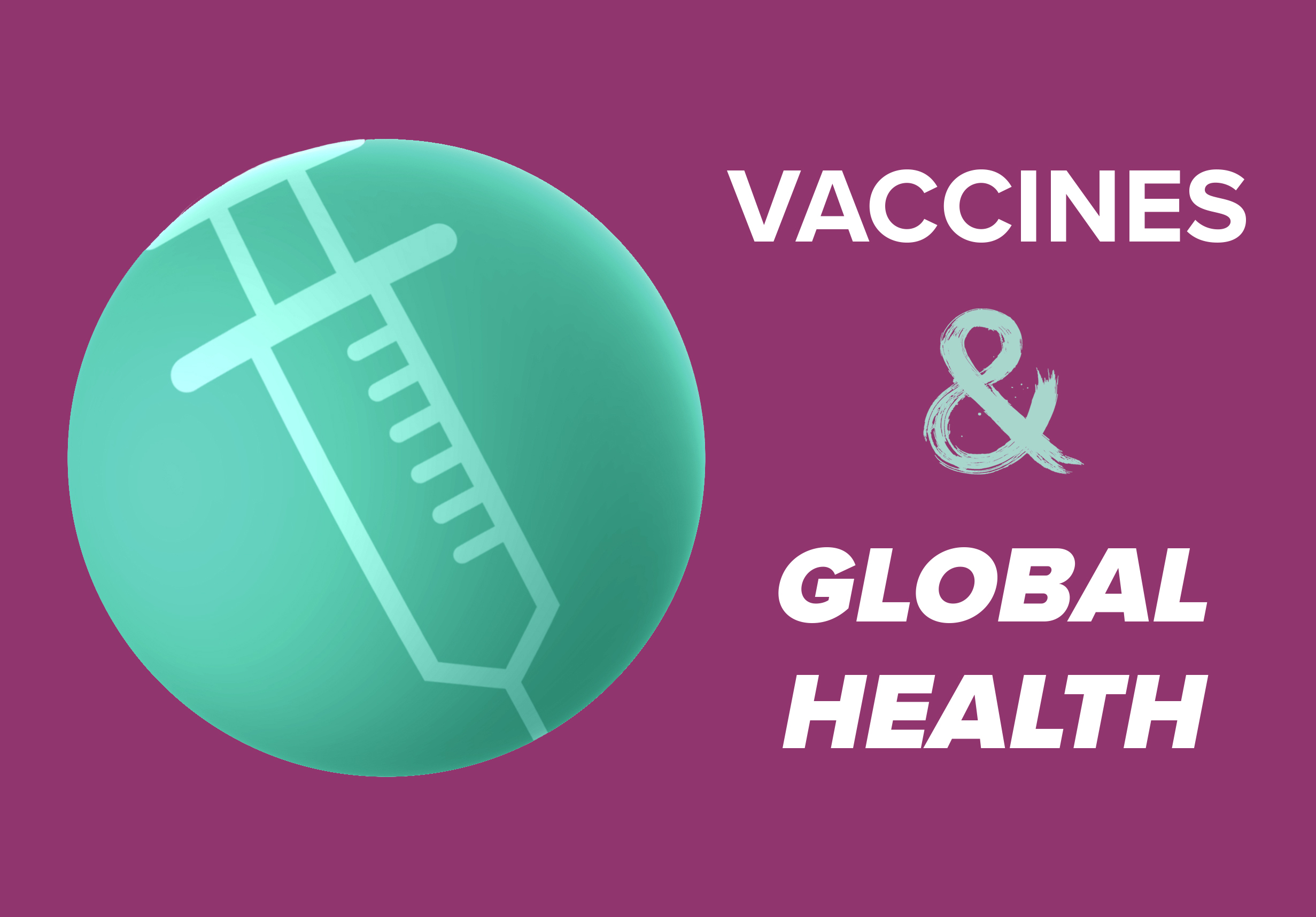Vaccines help lay the foundation of public health
Recognizing immunization as an integral component of global health
By Denise Blough

After their modern development in the late 1700s, vaccines revolutionized disease prevention and helped lay the foundation of public health as we know it.
Preventing millions of deaths per year globally, the benefits of immunization to society have been one of the greatest health care advances in history, said Amy Fairchild, dean of the College of Public Health.
“Vaccines are responsible for eradicating smallpox. They have dramatically reduced deaths from diseases like measles, whooping cough and polio,” Fairchild said. “But they continue to raise vexing questions about the rights of the individual versus those of the collective. Vaccination requires healthy individuals to submit to a procedure for their own good, but primarily for the protection of the community.”
Today, careful research, testing and regulation have kept serious adverse reactions as low as one in a million doses for many major vaccines. But challenges remain to convince skeptical groups that vaccines are effective and safe, and to ensure that vaccine distribution is equitable, accessible and affordable, Fairchild said.
“When too many people refuse vaccination, it can have significant public health consequences,” she said, adding that people with lower incomes and less education are less likely to be vaccinated. “People need to be able to get vaccinations for free. Vaccines need to be easily accessible in the neighborhoods where people live and work. And communities at the highest risk should be first in line for vaccines.”
Did you know?
- Humans used vaccine-like methods as early as the 16th century. Historical records suggest vaccine-like methods were first used in 16th century China and India, and verbal accounts date back to 1000 AD.
- The first modern vaccine was developed in the 1790s. British doctor Edward Jenner developed what we think of as the first modern vaccine in the mid- to late-1790s to target smallpox.
- Most diseases prevented by vaccines are no longer common in the U.S. If vaccines weren’t used, just a few cases could quickly turn into tens or hundreds of thousands.
- Immunization prevents 2-3 million deaths per year. Vaccination saves 2-3 million lives per year, and an additional 1.5 million deaths could be avoided annually if global immunization improves.
- Serious adverse reactions to vaccines are extremely rare. Common vaccine reactions include injection site pain, muscle/joint soreness, fatigue and headache.
- Inequality and racism may impact vaccine beliefs and hesitancy, according to a national study exploring flu vaccine attitudes among Black and white Americans.
- No link has been found between vaccines and autism. A study that raised concerns about the measles-mumps-rubella (MMR) vaccine and autism was later retracted. Since then, many studies have been conducted across large populations, and none have found evidence of a link between vaccines and autism.
- Vaccine ingredients are all tested for safety. Many vaccine ingredients can be found in products we already consume, and some are even produced by our bodies naturally.
- COVID-19 vaccines prompt our bodies to recognize and fight the SARS-CoV-2 virus. The vaccines help our body build specialized white blood cells that will remember how to fight the virus if we’re infected in the future.
- Vaccinating doesn’t just protect you – it protects your community. People with health conditions that weaken the immune system may not be able to get vaccinated, but they can still be protected through herd immunity, group protection that happens when most people are vaccinated.
About The Ohio State University College of Public Health
The Ohio State University College of Public Health is a leader in educating students, creating new knowledge through research, and improving the livelihoods and well-being of people in Ohio and beyond. The College's divisions include biostatistics, environmental health sciences, epidemiology, health behavior and health promotion, and health services management and policy. It is ranked 22nd among all colleges and programs of public health in the nation, and first in Ohio, by U.S. News and World Report. Its specialty programs are also considered among the best in the country. The MHA program is ranked 5th and the health policy and management specialty is ranked 21st.